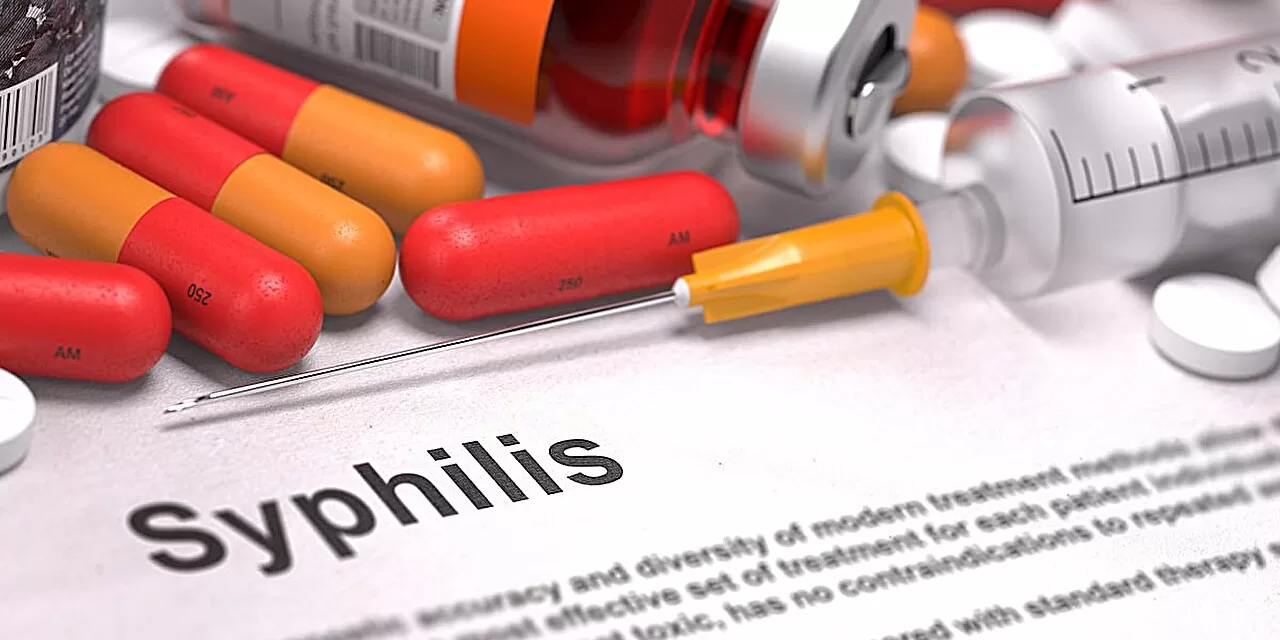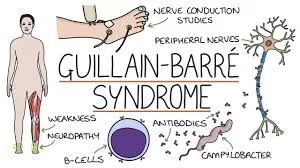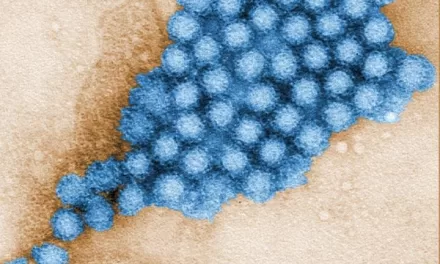In a significant development in the fight against sexually transmitted infections, the U.S. Food and Drug Administration (FDA) has approved the first at-home diagnostic test for syphilis. The approval, announced on Friday, marks a milestone in making syphilis screening more accessible as cases of the disease continue to surge across the United States.
The newly authorized test, developed by NOWDiagnostics, allows individuals to detect Treponema pallidum, the bacterium responsible for syphilis, through a simple blood sample collected at home. The test provides results within 15 minutes, offering a rapid preliminary assessment for those concerned about potential syphilis infection.
However, the FDA has emphasized that while this at-home test represents a valuable tool for initial screening, it should not be used as a definitive diagnosis. “Results from this type of test alone are not sufficient to diagnose syphilis infection and should be followed by additional testing to confirm a diagnosis of syphilis,” the FDA stated in a news release.
The approval comes at a critical time, as the U.S. Centers for Disease Control and Prevention (CDC) reports a dramatic increase in syphilis cases. Between 2018 and 2022, syphilis cases surged by 80%, rising from 115,000 to over 207,000 annually. The disease, primarily transmitted through sexual contact, poses severe health risks if left untreated, including damage to the heart, brain, and eyes, and can lead to serious complications during pregnancy.
Dr. Michelle Tarver, acting director of the FDA’s Center for Devices and Radiological Health, highlighted the potential benefits of increased accessibility to home testing. “Access to home tests may help increase initial screening for syphilis, including in individuals who may be reluctant to see their healthcare provider about possible sexually transmitted infection exposure,” she noted. This increased screening could lead to more lab-based confirmations, ultimately resulting in higher treatment rates and a reduction in the spread of the infection.
Despite these advancements, the FDA cautions that the at-home test is not infallible. It may produce false-positive or false-negative results. A false-negative result could delay treatment and allow the infection to spread, while a false-positive result might lead to unnecessary follow-up tests and emotional distress. Therefore, confirmation through a lab-based test remains crucial.
The authorization of the at-home syphilis test follows the FDA’s 2023 approval of similar tests for chlamydia and gonorrhea, reflecting a growing trend towards enhancing patient access to STI testing in private settings.
For those seeking more information about syphilis and its management, the Mayo Clinic offers comprehensive resources and guidance.
The FDA’s decision marks a significant step forward in public health, offering a new tool for individuals to take charge of their sexual health while underscoring the importance of follow-up care and professional consultation.












